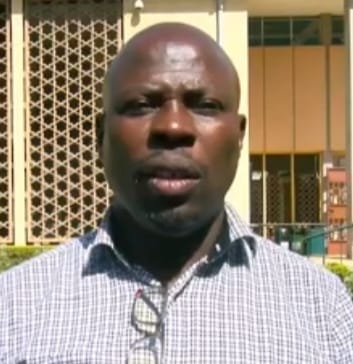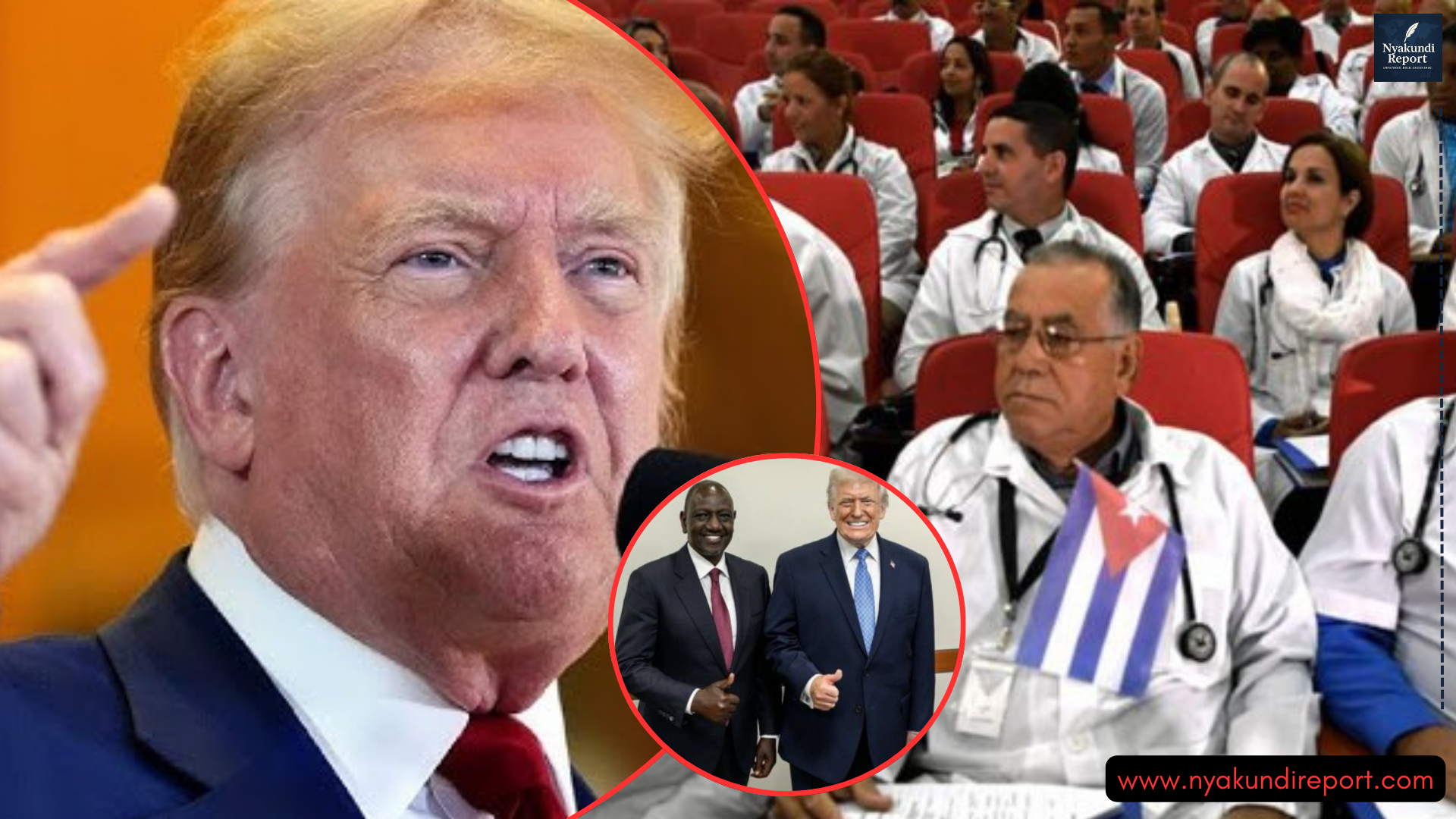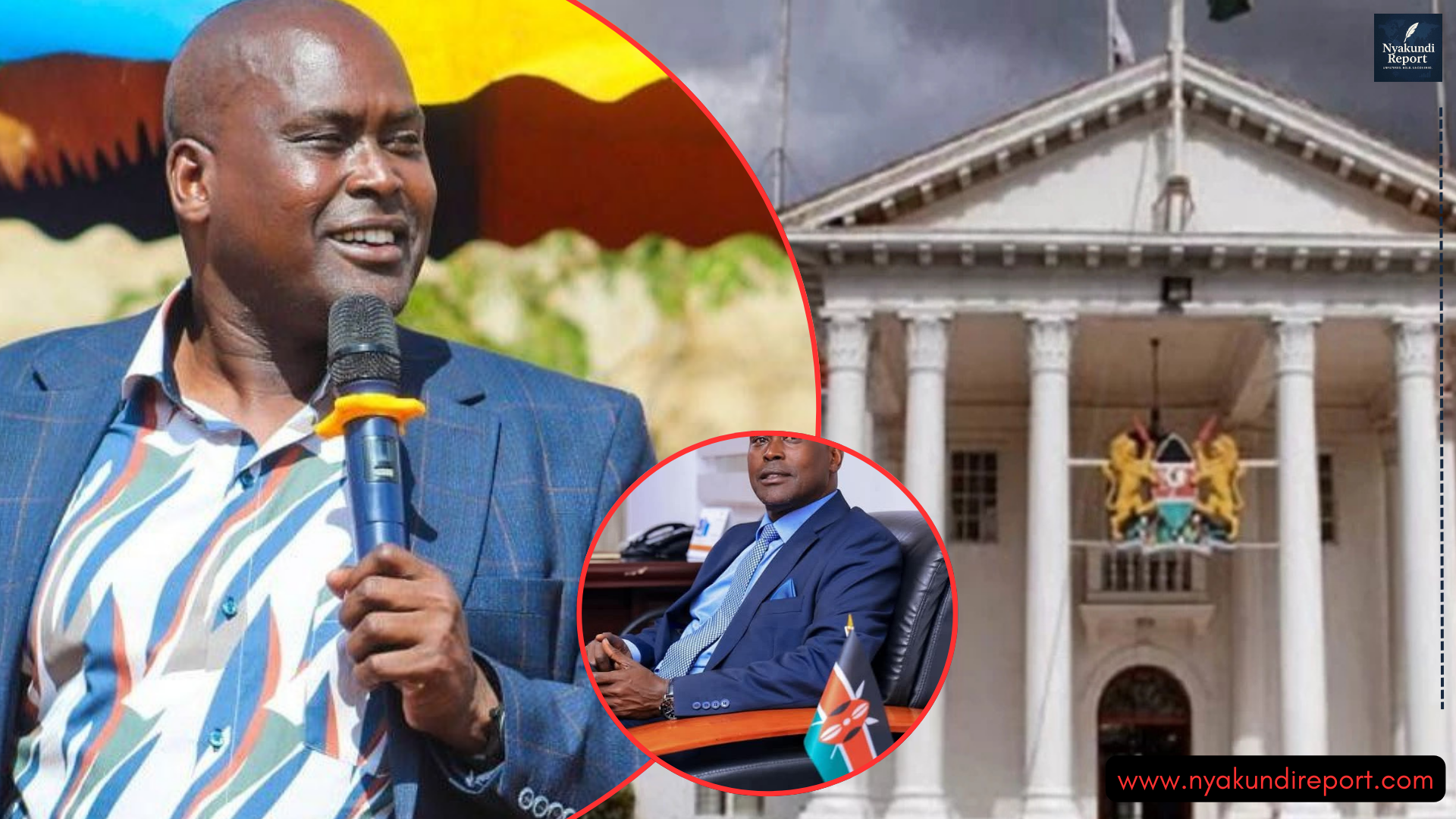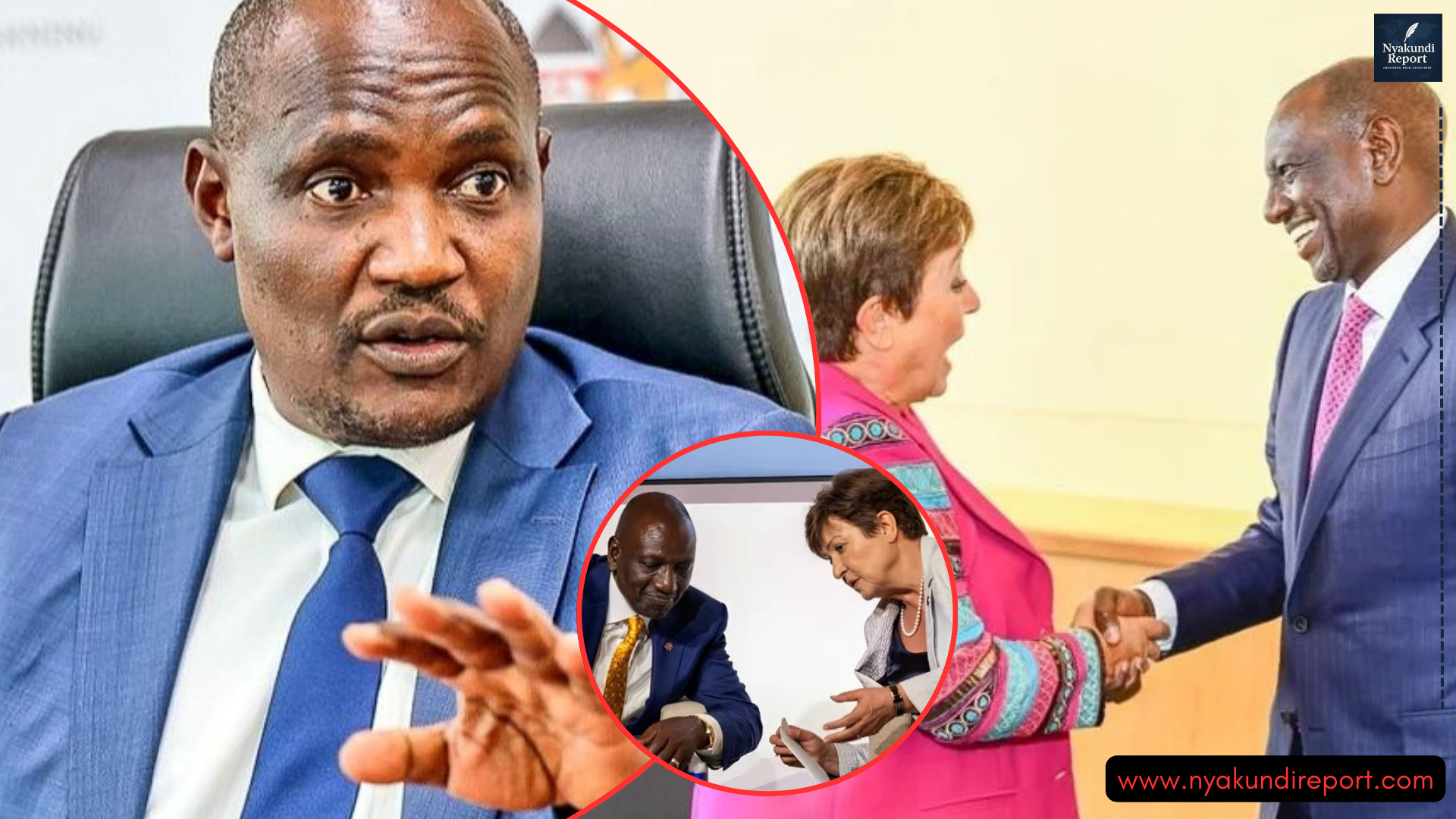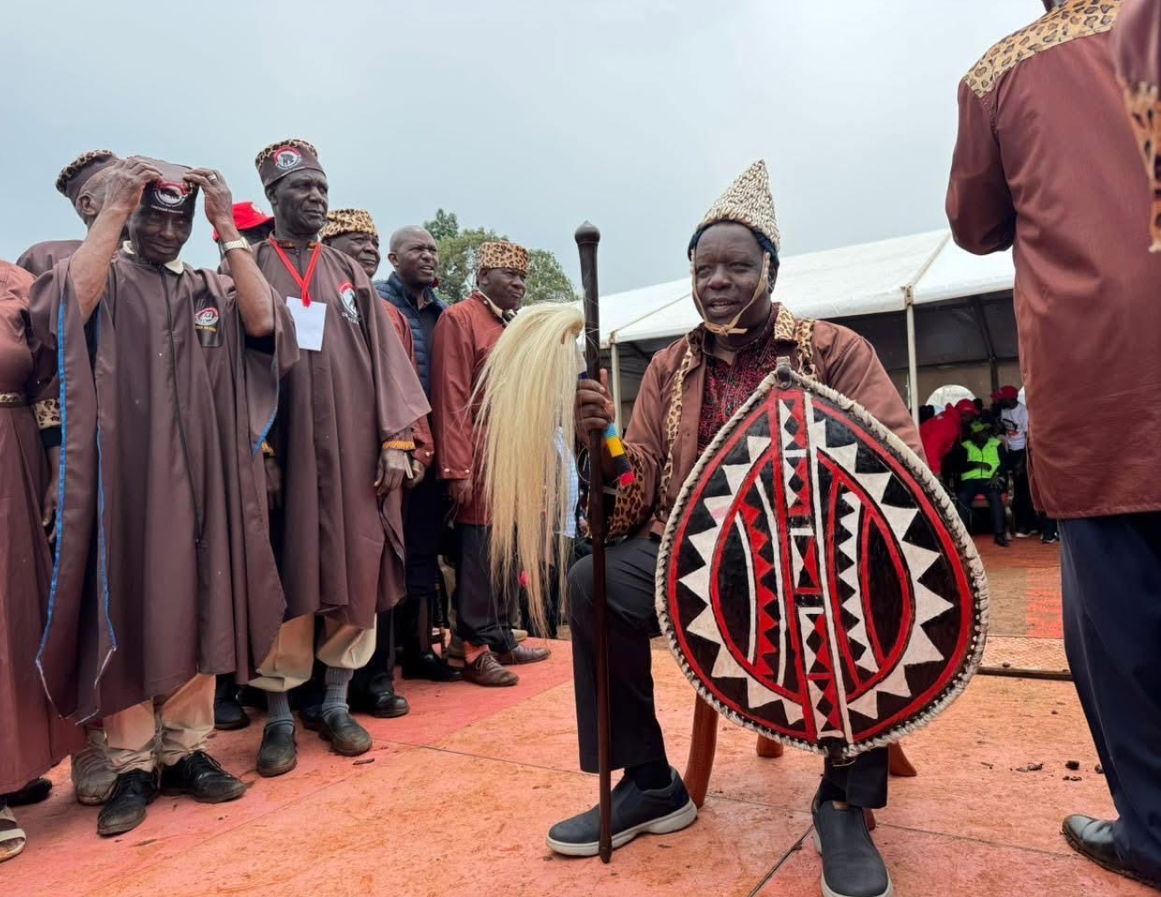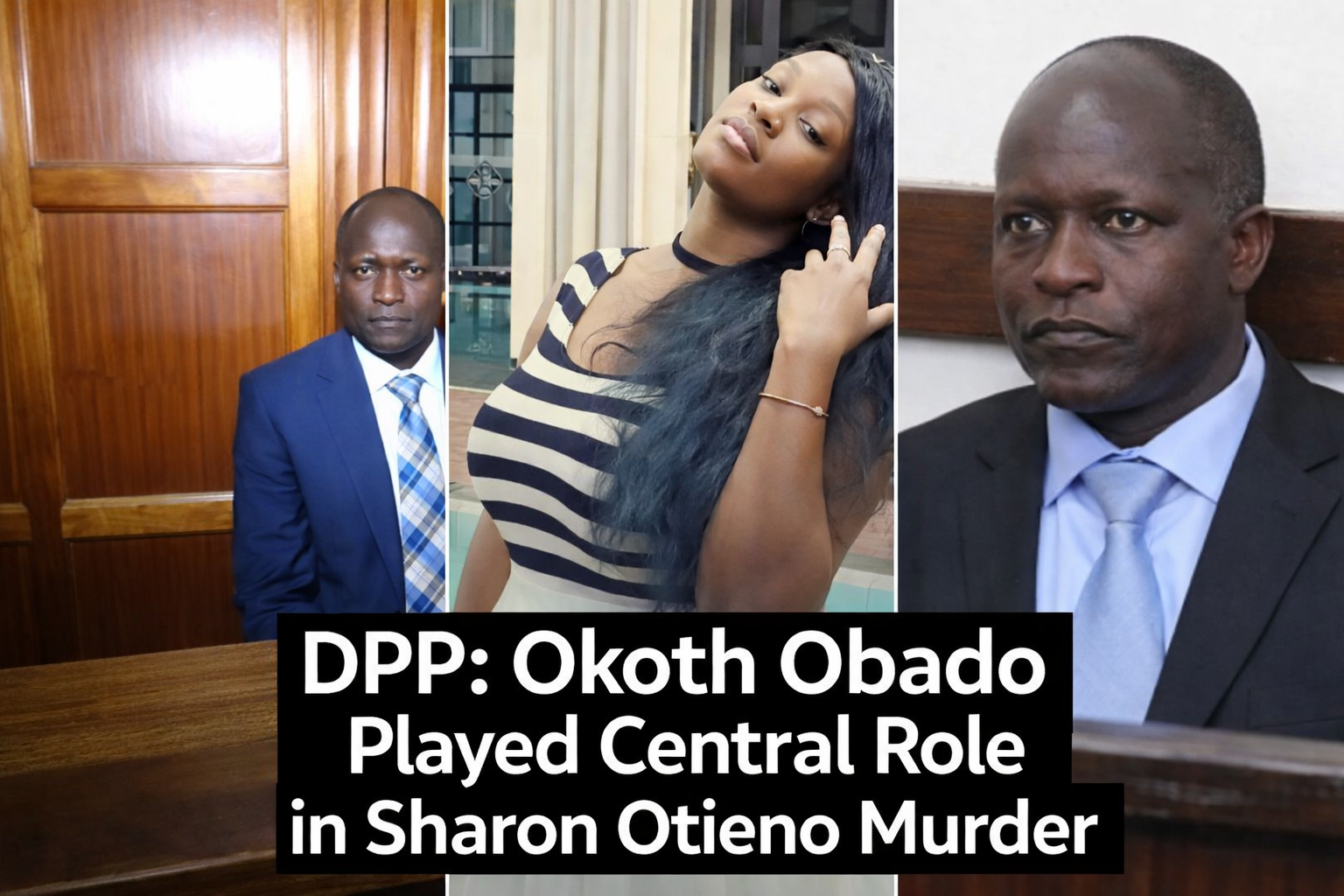Charlie Kirk, the 31-year-old founder of the influential conservative youth organization Turning Point USA.
He was shot and killed on Wednesday while speaking at an event on the campus of Utah Valley University.
The shooting occurred during a stop on his “American Comeback Tour.”
An incident that has sent shockwaves through the political landscape and ignited a national debate on political violence.
The fatal shooting, which has been described by Utah’s Governor Spencer Cox as a “political assassination.”
Also, the shooting took place as Kirk was engaged in one of his signature on-campus debates.
Reports from witnesses at the scene indicate that a single shot was fired.
Thus striking Kirk in the neck as he was responding to a question from the audience about gun violence.
The incident prompted chaos and panic as students scattered and law enforcement rushed to the scene.

A Powerful Figure in the Conservative Movement
Born in Illinois, Kirk rose to prominence as a teenager when he co-founded Turning Point USA (TPUSA) in 2012.
With a mission “to identify, educate, train, and organize students to promote the principles of freedom, free markets, and limited government.”
Under his leadership, TPUSA grew from a small campus group into a formidable force in American politics.
Additionally, with a network of chapters and a multi-million-dollar budget.
Kirk became a central figure in the populist conservative movement that gained momentum during Donald Trump’s presidency.
He was a close ally and confidant of President Trump, who often spoke at TPUSA conferences.
Kirk’s influence extended beyond campus activism; he hosted a popular daily radio show, The Charlie Kirk Show.
And was a prolific presence on social media, where he galvanized millions of young conservatives.
Political Views and Major Controversies
An unabashed Christian conservative, Kirk’s political views were deeply intertwined with his faith.
He was a staunch advocate for gun rights and often made provocative statements on race, gender, and politics.
In a widely cited remark, he once argued that a certain number of gun-related deaths each year was a “cost” worth paying.
So as to protect what he considered “God-given rights” enshrined in the Second Amendment.
This statement has gained a tragic and bitter irony in the wake of his death.
Throughout his career, Kirk and TPUSA faced significant criticism and controversy.
He was widely accused of spreading misinformation, particularly in relation to the 2020 election.
Where he promoted unsubstantiated claims of widespread fraud.
Also, he drew fire for his comments on the COVID-19 pandemic, where he shared misleading information about the virus and vaccines.
Critics often pointed to his rhetoric as a factor in the increasing polarization of American society.
A Legacy and a National Reckoning
The tragic death of Charlie Kirk has prompted an outpouring of condolences from across the political spectrum.
With President Trump ordering flags to be flown at half-mast in his honor.
In a statement, Trump hailed Kirk as a “legendary” debater who “understood.
And had the heart of the youth in the United States… better than Charlie.”
Beyond the condolences, Kirk’s assassination has intensified the national conversation about political rhetoric, gun violence, and public safety.
While supporters have mourned him as a martyr for free speech and conservative values.
However, his critics have pointed to the dangers of the heated and often confrontational political climate that he helped to cultivate.
Kirk leaves behind his wife, Erika, and two young children.
His legacy defined by his ability to engage and mobilize a new generation of conservatives.
will continue to be debated as the country grapples with the fallout from this shocking act of violence.
ALSO READ: Machakos Youth Receive 200 Electric Motorbikes in Ruto-Backed Empowerment Drive




